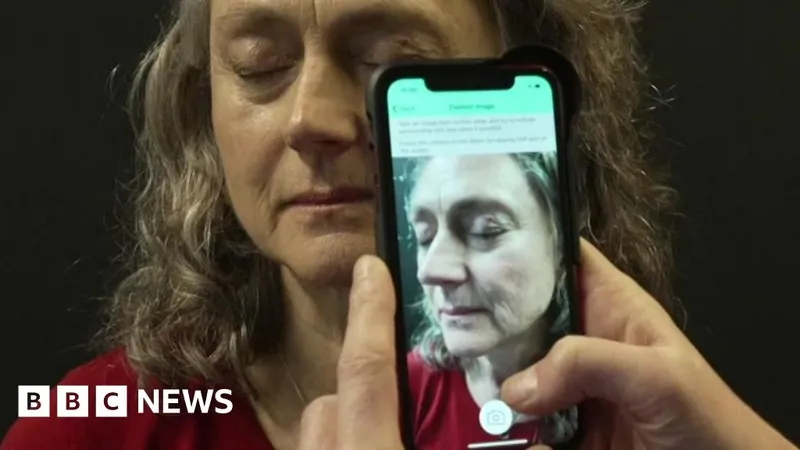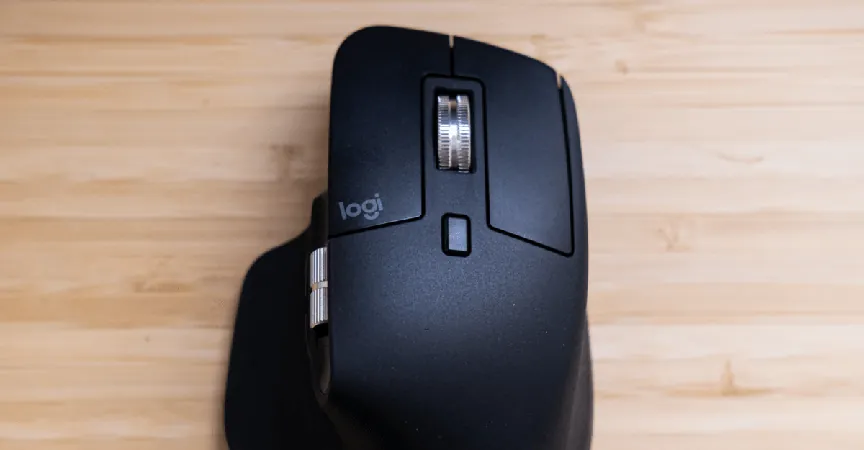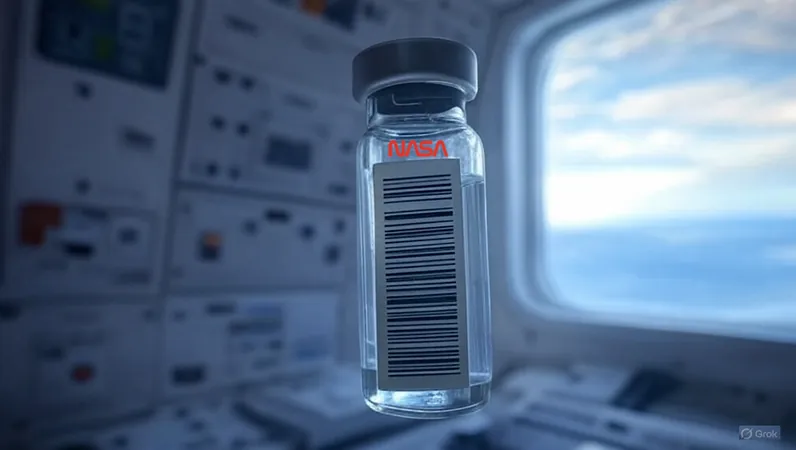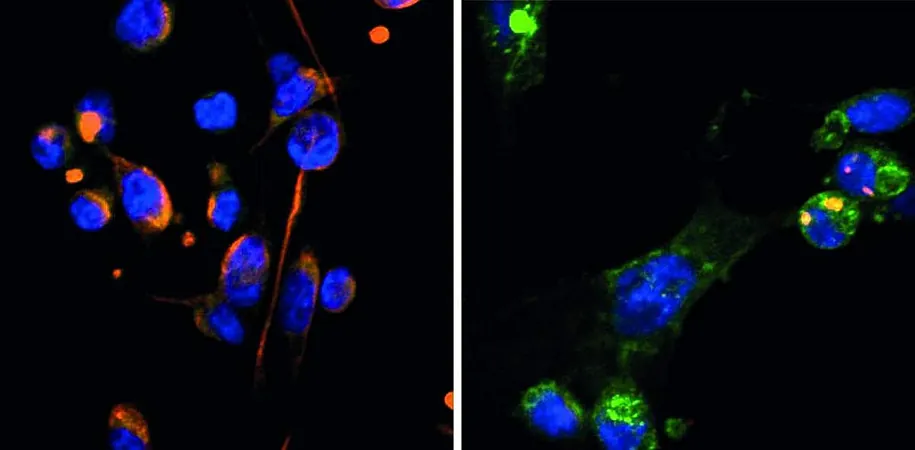
Revolutionary AI Tool Fast-Tracks Skin Cancer Checks at London Hospital
2025-04-12
Author: Mei
Breakthrough in Skin Cancer Detection
In a groundbreaking move, Chelsea and Westminster Hospital in West London is leading the charge with an innovative AI tool designed to expedite skin cancer screenings. This advanced technology allows patients to receive the all-clear without ever needing to see a doctor in person.
AI in Action: How It Works
Once patients upload photos of suspicious moles and lesions via the DERM app, created by UK company Skin Analytics, the AI analyzes the images with an astonishing 99% accuracy for benign cases. This rapid processing means that patients receive results in mere minutes, significantly reducing waiting times for urgent cancer checks.
Relieving Pressure on Healthcare
The NHS hospital handles approximately 7,000 urgent skin cancer referrals each year, yet only 5% are actually cancerous. The introduction of this AI tool enables consultants to prioritize serious cases and effectively manage patient loads, ensuring timely diagnoses.
A Patient's Perspective: A Quick and Stress-Free Experience
Jimmy Tovey, a recent user of the AI tool, decided to have a mole checked after his brother was diagnosed with melanoma. Thanks to the swift AI evaluation, he received a reassuring phone call just days later: "It's nothing - just a mole, no need to worry!" He shared, "All the worry was gone in two days."
Expanding Across the UK
This AI technology has already been implemented in over 20 other NHS hospitals, collectively aiding in the diagnosis of more than 14,000 cancer cases across the UK. Roger Chinn, chief medical officer at Chelsea and Westminster, emphasized the importance of this advancement: "This is a significant step in diagnosing and treating skin cancer more efficiently, allowing dermatologists to focus on urgent matters and ultimately save lives."
Future of AI Diagnostics: Empowering Patients
Looking ahead, the vision is to develop AI tools that patients can utilize from the comfort of their own homes. Dr. Lucy Thomas, a consultant dermatologist, expressed optimism about the possibilities: "We aim to bring this technology closer to patients, making it accessible and user-friendly in the future. With time, we look forward to apps that any patient can use for preliminary evaluations."




 Brasil (PT)
Brasil (PT)
 Canada (EN)
Canada (EN)
 Chile (ES)
Chile (ES)
 Česko (CS)
Česko (CS)
 대한민국 (KO)
대한민국 (KO)
 España (ES)
España (ES)
 France (FR)
France (FR)
 Hong Kong (EN)
Hong Kong (EN)
 Italia (IT)
Italia (IT)
 日本 (JA)
日本 (JA)
 Magyarország (HU)
Magyarország (HU)
 Norge (NO)
Norge (NO)
 Polska (PL)
Polska (PL)
 Schweiz (DE)
Schweiz (DE)
 Singapore (EN)
Singapore (EN)
 Sverige (SV)
Sverige (SV)
 Suomi (FI)
Suomi (FI)
 Türkiye (TR)
Türkiye (TR)
 الإمارات العربية المتحدة (AR)
الإمارات العربية المتحدة (AR)